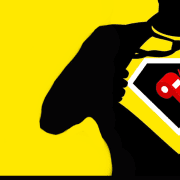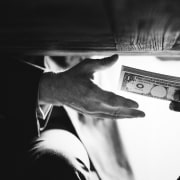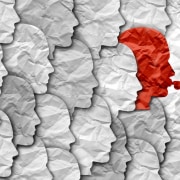|
Getting your Trinity Audio player ready...
|
Whistleblowers expose unlawful or immoral activities conducted by people, organisations, corporations or governments. Too often, they risk their own safety to bring human rights abusers to account and to achieve justice for the abused.
Chelsea Manning, whistleblower and human rights activist, jeopardised her freedom in order to raise public awareness of human rights abuses in the US-led Iraq war.
Edward Snowden leaked classified information from the NSA about global surveillance programs impeding on individuals’ rights and freedoms all over the world.
Many people with special information about human rights violations are afraid of the repercussions of coming forward with their information. However, the work of whistleblowers is vital for making perpetrators accountable and preventing further human rights abuses.
Amnesty activist Taylor Toovey describes seven ways to protect yourself as a whistleblower.
1. Document everything
Document all of the information you have gathered and store it in a safe place. This is to ensure any information you come forward with can be backed up by hard evidence. It will also help you avoid being sued for defamation. So document everything. Reports, video footage, letters, emails, phone calls, face-to-face conversations. Everything. And keep a hardcopy record in case you ever get hacked or experience technical issues with your computer or hard drive.
2. Be reliable and credible
Make yourself a reliable and credible source. Don’t overexaggerate the information you’ve gathered. You want to ensure your credibility so your information is taken seriously. You could be sued for defamation if you make false claims publicly. Being honest and transparent about those not being honest and transparent says good things about your character and makes you a reliable source.
3. Raise the issue
Consider filing a complaint against the perpetrator but only if it’s safe to do so. It’s worth voicing your concerns to the perpetrators of wrongdoing if you believe that your safety is not at risk. Raising the issues with them could also help achieve positive change.
4. Be careful who you disclose to
Research which authorities could be beneficial to contact with your information. They may be able to provide you with protection and investigate the information you’ve provided. However, you must prioritise your safety and ensure that you won’t be at risk by contacting the authorities.
5. Choose a trustworthy journalist
Reach out to trustworthy journalists who regularly report on human rights or related issues. Journalists are a fantastic resource for whistleblowers and good journalists will never disclose a source without the source’s permission. Journalists have a large audience at their disposal which could be beneficial in ensuring public awareness and outcry over your information.
6. Transmit safely
Find a safe way to transmit your information. The International Consortium of Investigative Journalists (ICIJ) has a SecureDrop server to encourage whistleblowers to come forward and securely submit their information. Once they receive your tip-off, they assess the information and make the decision as to whether or not to investigate it. The ICIJ guarantees the protection of their sources. Many well known media outlets also have a similar tool on their websites.
7. Know your rights
Read up on your rights and any whistleblower protection laws in your country. Consider consulting a legal professional for more information – knowing your rights is essential in protecting them.
The world needs whistleblowers
Without whistleblowers like Chelsea Manning and Edward Snowden, evidence of large-scale human rights violations would never surface. We would be oblivious to the crimes of governments, organisations and individuals around the world.
Chelsea Manning said, “I prefer a painful truth over any blissful fantasy.”
The truth is often all that drives a person to become a whistleblower.
- This article was first published by Amnesty International.








